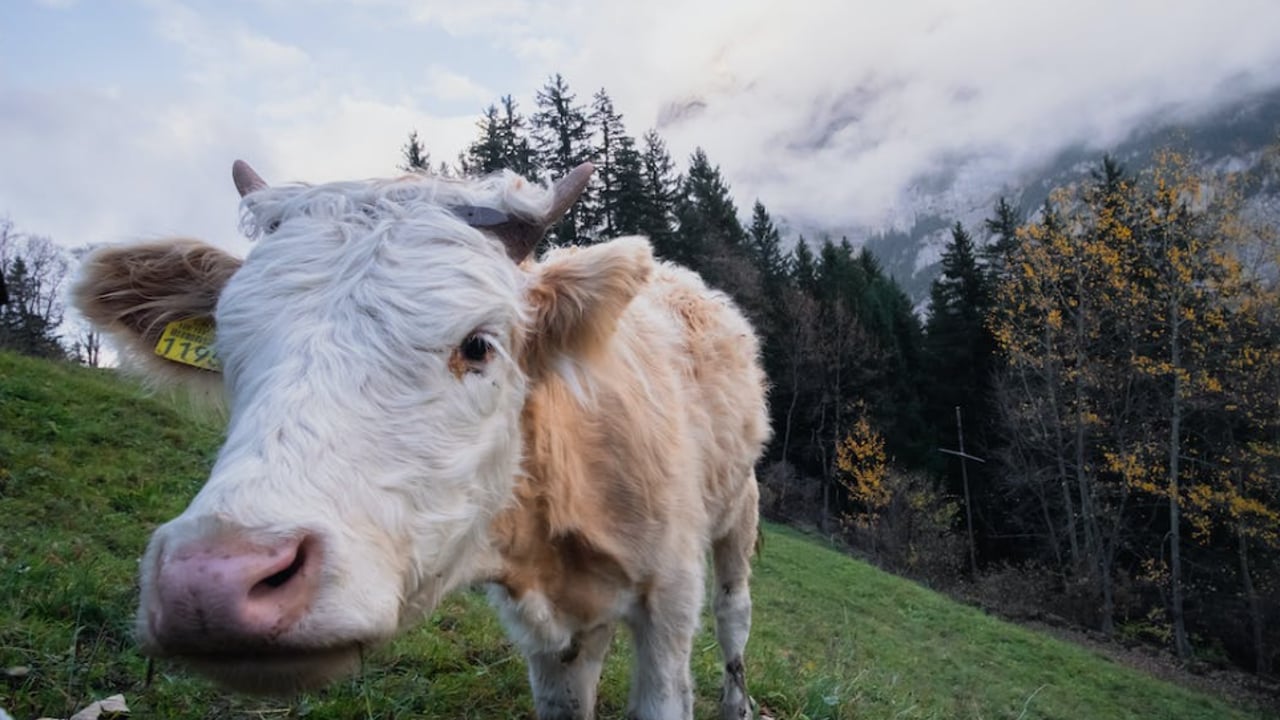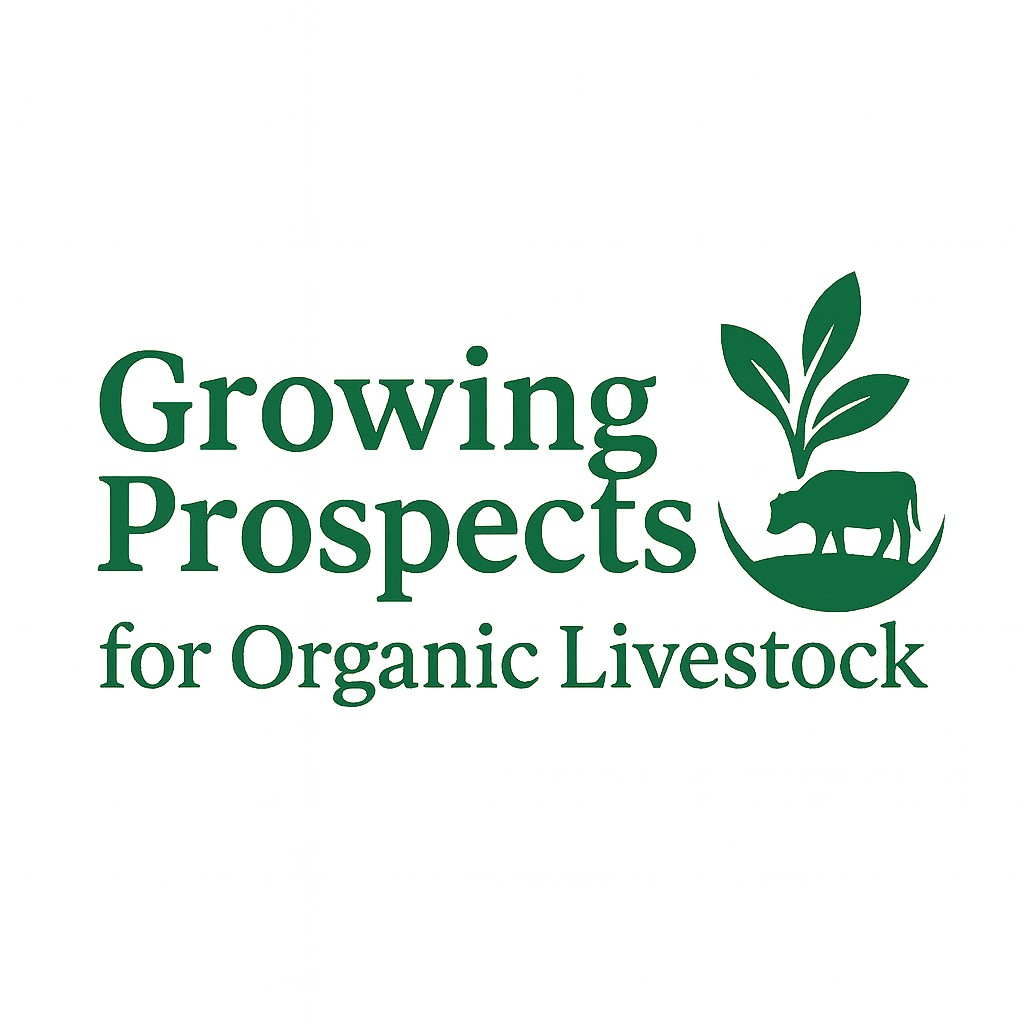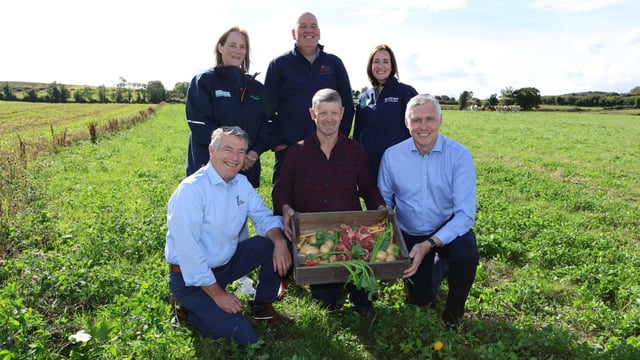€15m emergency funding approved for farmers in 3 EU countries
EU member states have endorsed the European Commission's proposal to mobilise €15 million in emergency funding from the agricultural reserve to support farmers in Czechia, Slovenia and Germany affected by adverse weather events and a recent animal disease outbreak.
This measure will help supporting affected farmers from these countries who, as a result, have suffered from market losses.
The commission proposed to allocate €7,4 million to Czechia, €2,9 million to Slovenia and €4,8 million to Germany.
During September 2024, Czechia experienced torrential rainfall, strong winds and flooding which affected the production of arable crops as well as fruit and vegetables.
In Slovenia, spring frost during the second half of April 2024 impacted the production of certain fruits and vegetables, along with vineyards.
On January 10, 2025, Germany confirmed and notified an outbreak of foot-and-mouth disease in the federal state of Brandenburg, affecting water buffaloes.
In response, Germany implemented all necessary animal health and veterinary measures in line with EU legislation, including additional restrictions to prevent further spread.
A general movement ban for certain livestock species was introduced across Brandenburg.
These emergency measures had significant economic repercussions for neighbouring livestock farmers.
Operators in the region experienced income losses due to undelivered raw milk and reduced commercial value of pigs, losses that are not covered under other existing EU compensation mechanisms.
Support linked to adverse weather events can be complemented by up to 200% with national funds.
Support for farmers incurring market losses in the context of an animal disease outbreak is co-financed by the member state concerned.
The national authorities must distribute the aid to farmers by December 31, 2025 in Czechia and Slovenia, and by November 30, 2025 in Germany, ensuring that farmers are the final recipients.
Following the approval by member states, the commission will adopt its proposal. It will then be published in the Official Journal of the European Union and enter into force the day following its publication so that the three concerned member states can implement it without delay.
For the measure linked to adverse weather conditions, the member states concerned will have to notify the commission about the details of the measure's implementation.
This is the criteria used to determine the granting of individual aid, the intended impact of the measure, the forecasts for payments broken down per month, and the level of additional support to be provided.
The notification should also include the actions taken to avoid distortion of competition and overcompensation.
The common agricultural policy (CAP) 2023-2027 includes an agricultural reserve of at least €450 million per year to cope with market disruptions or exceptional events affecting production or distribution.
Given the increasing frequency of adverse climatic events, the commission has stressed the importance of strengthening risk management tools and promoting their wider use across the EU, alongside proactive measures to address root causes and improve farm resilience in the medium term.





